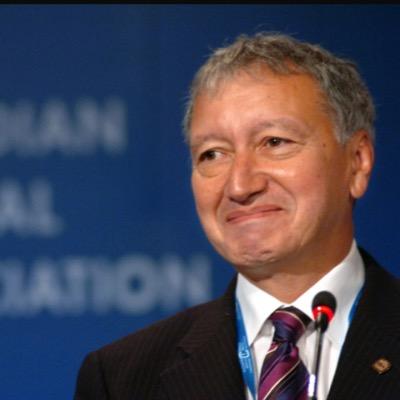
Health care cure? Try family doctors
Dec 15, 2005
The Vancouver Sun
 Health care cure? Try family doctors
Health care cure? Try family doctors
Too many of the problems in our medical system result from top-down policy-making and bureaucratic creep
Tracy Monk, Coalition of Family Physicians, Special to the Sun
Published: Thursday, December 15, 2005
Doctor-bashing has long been a staple of political rhetoric in British Columbia. Bashed beyond recognition by policy-makers, family practice is now in critical condition. About 150,000 patients cannot find a family doctor. When elderly patients with chronic complex disease are without a general practitioner, lives are at stake. Patients with no regular GP are 3.5 times more likely to end up in emergency departments. Part of solving the crisis in our ERs requires solving the crisis in family practice. Evidence from around the world shows that health care systems with a high ratio of GPs to population have lower health care costs per capita, lower rates of hospitalization and healthier populations. More GPs in the health system not only makes it work better, it's also cheaper.
GPs are nodal points in the creation of networks of care, arranging consultations and home care and educating friends and family when a loved one falls ill. While bureaucracy seems to expand around us and creep further and further into our offices, most GPs are working harder and harder just to keep afloat, a situation worsened by cutbacks that have led to sicker patients out in the community.
If you factor in our hours of unpaid paper and telephone work, plus unpaid call, the average GP seeing six patients an hour and working nine or 10 hours per day is making $30-$40 per hour, pre-tax, with no benefits. What is often omitted in discussions of doctors' "fees" is the fact that about 40 per cent of our "fees" go to staff and equipment. Doctors' fees constitute 20 per cent of the health care budget. GPs' fees represent about one-third of that total. Now picture that one-third of 20 per cent as a slice of a pie chart -- and it's pretty small, about seven per cent. For this slice of the budget, GPs are seeing 82 per cent of the patients in the province annually, and providing the infrastructure in which to do it.
GPs love our fulfilling work, and feel privileged to be part of the lives of our patients over time, but new grads with big educational debts are not choosing family practice. The drive to increase the bureaucratization of medicine appears to be born of a well-intentioned but deeply flawed concept of the meaning of accountability. When citizens ask for accountability in health care, are they asking for a bureaucrat to micromanage what family doctors do in their offices? Do they want the expensive layer of bureaucracy that would result?
We are all suffering for poor "top-down" policy-making and the exclusion of pragmatic, front-line care-givers in decision-making. There are no family doctors on the federal health council committee on primary care. Not surprisingly, the committee is proposing expensive system "re-design" rather than more cost-effectively building on, and supporting, the things that are currently working well. If Ottawa allows this to go on the system will be redesigned into the ground and money that could have been spent on delivering care will instead be spent on meetings and reports.
B.C. is not doing well compared to many other provinces in patients being able to find a family doctor, and Canada has among the lowest ratios of doctors to population in the developed world, coming in just behind Tajikistan and Slovenia in the Economist magazine's 2005 world in figures. While we have severe physician manpower shortages and some of the worst waiting lists in the developed world, we ranked third-highest in the OECD in health care costs per capita and 30th for efficiency.
Romanow commissioner Kenneth Fyke concluded when looking at health care delivery "that public funds are being wasted, often in large quantities, at the same time as some people are truly suffering for want of access to timely, quality services." Doctors and nurses on the front lines trying desperately to care for the patients often feel that policy-makers are so preoccupied with statistics that they lose sight of the priorities and fail to put their data into a clinical context. In many ways, it is as if they are ordering lab tests and forgetting to examine the patient.
GPs are feeling increasingly like the gatekeepers of a system without the keys. The sense of powerlessness and despair on the front lines is profound. We hope that government is ready to question the policies of those who have led us into this crisis. We need more family doctors. We need our government to stop bureaucratic creep. We need patient-centred, front-line-worker-driven policy-making.
Family doctors are not the problem. We are a central part of the solution.
Tracy Monk is president of the Coalition of Family Physicians of B.C.




 Health care cure? Try family doctors
Health care cure? Try family doctors